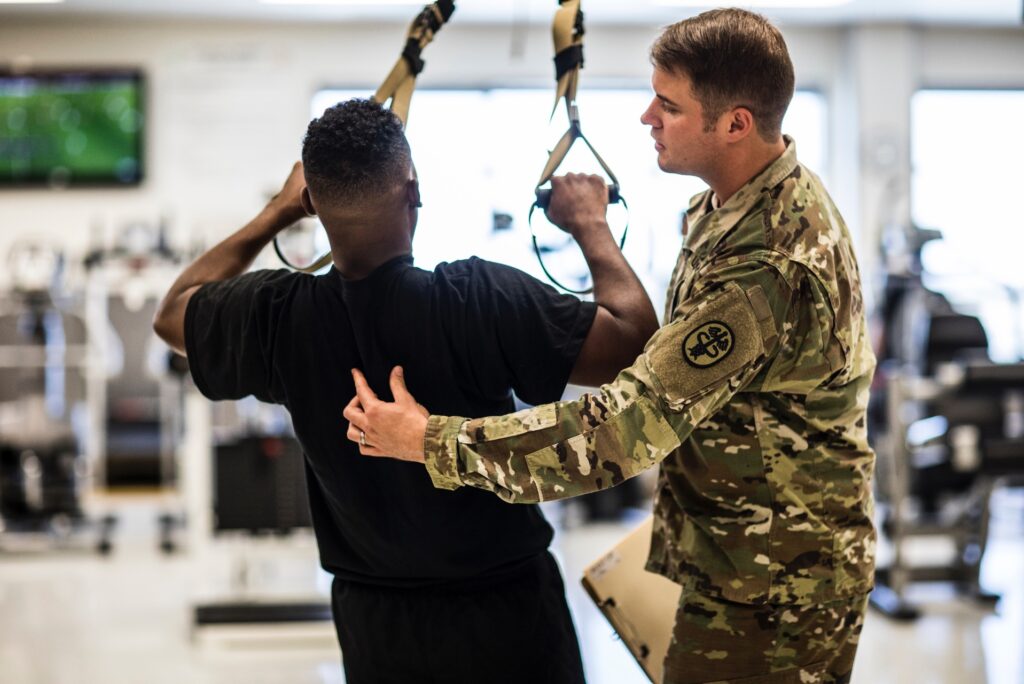This content explores the complex realm of medical ethics in a military context. It discusses the unique challenges and ethical dilemmas faced by medical professionals in the military, who often find themselves torn between their duty to heal and the demands of warfare. The article highlights the importance of the duty to heal and the role of military medicine in preserving the well-being and dignity of individuals, including enemy combatants. It also emphasizes the principles of medical neutrality, which require impartial care regardless of nationality or status. Furthermore, the content examines ethical dilemmas such as triage, participation in interrogation, and the use of medical knowledge for tactical purposes. Ultimately, it concludes that finding a delicate equilibrium between duty and circumstance is crucial for military medical professionals in providing compassionate care amidst the harsh realities of armed conflict.
Medical Ethics in Military: Balancing the Duty to Heal with the Demands of Warfare
Introduction
The field of military medicine poses unique challenges and ethical dilemmas that are not encountered in civilian healthcare settings. Medical professionals in the military often find themselves torn between their duty to heal and the demands of warfare. This article explores the complex realm of medical ethics in a military context.
Background
In times of war, the primary goal of the military is to achieve victory and protect the nation’s interests. However, within this context, medical professionals play an essential role in preserving the well-being and dignity of individuals, including enemy combatants. They must strive to alleviate human suffering, irrespective of the circumstances.
The Duty to Heal
Medical professionals take an oath to uphold the highest standards of ethical conduct and prioritize the well-being of their patients. In the military, this duty becomes even more critical as soldiers put their lives on the line to protect their country. Healthcare providers are entrusted with the responsibility of caring for wounded soldiers and ensuring their physical and mental health.
The Role of Military Medicine
Military medicine encompasses multiple facets, including preventive care, trauma treatment, and psychiatric support. Medical teams deployed in combat zones face enormous pressure, as they must provide care to combatants and non-combatants, adhering to the principles of medical neutrality.
Medical Neutrality
Medical neutrality refers to the ethical obligation of medical professionals to provide care impartially, regardless of a patient’s nationality, alliance, or status as a combatant or non-combatant. This principle is crucial in upholding the integrity of military medicine and ensuring equal access to healthcare.
Ethical Dilemmas
While the duty to heal remains paramount, military healthcare professionals often face ethical dilemmas that arise due to the demands of warfare. These dilemmas include:
Triage
In combat zones, limited resources necessitate the prioritization of care. Triage decisions must be made swiftly, with the goal of saving the most lives. However, this process can challenge the ethical principle of beneficence, as some patients may receive less care or be deemed untreatable due to limited resources.
Participation in Interrogation
There have been instances where medical professionals in the military have faced pressure to participate in or facilitate interrogation practices that may involve torture or violation of human rights. This conflicts with the principles of non-maleficence and the duty to ensure patient welfare.
Use of Medical Knowledge for Tactical Purposes
Medical professionals possess specialized knowledge that can be exploited for tactical advantage. However, using medical expertise to harm or cause suffering goes against the core principles of medical ethics.
Conclusion
Medical ethics in the military presents a challenging balancing act between the duty to heal and the demands of warfare. Healthcare professionals must navigate complex ethical dilemmas while ensuring the well-being of their patients, regardless of their nationality or affiliation. Upholding medical neutrality and adhering to the principles of non-maleficence and beneficence are crucial in maintaining the integrity of military medicine and preserving human rights. Finding a delicate equilibrium between duty and circumstance is essential for military medical professionals striving to provide compassionate care amidst the harsh realities of armed conflict.
